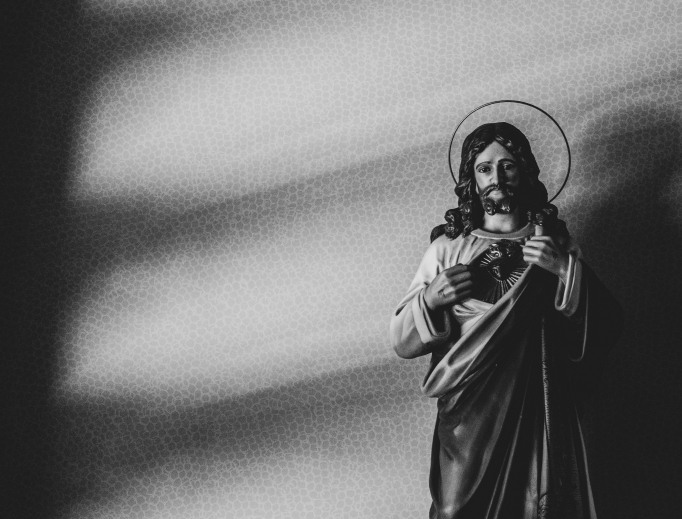Suffering for the Sake of the Gospel
User's Guide to Sunday, March 8

Sunday, March 8, is the Second Sunday of Lent (Year A).
Mass readings: Genesis 12:1-4; Psalm 33:4-5, 18-20, 22; 2 Timothy 1:8-10; Matthew 17:1-9.
The second reading today opens with Paul’s admonition to “bear your share of hardship for the Gospel” (2 Timothy 1:8), a phrase which can lead to misunderstanding if we are not careful. On the one hand, we might think that Paul is speaking about generic difficulty or privation of material goods. On the other hand, we might also get the impression that he is teaching that everyone has a “fair share” to do for the Gospel; that spreading the Gospel is somehow a kind of work that has been equally divided among believers. Yet neither of these things is an accurate description of Paul’s teaching. Paul is speaking here of suffering, and in this address to Timothy, his co-worker in the preaching of the Gospel and eventual bishop of Ephesus, Paul entreats him to partake in suffering willingly for the sake of the Gospel in accord with God’s will.
It is worth noting that the Greek word that Paul uses to express the idea of “suffering evil/bad things together” in this verse (sugkakopathe) is an extremely rare one that he has repurposed; where it had been used only in a tragic sense before (for example, in Euripedes’ play Hecuba), Paul uses it in a positive sense to denote the positive, redemptive dimensions of suffering when it is done willingly for the sake of the Gospel of Christ. An important aspect of this suffering, which is essential to its redemptive quality, is that it is a matter of suffering “with” (sug–) others. But with whom does Paul envision this suffering to be experienced? With himself, with all Christians and, above all, with our Savior, Jesus Christ. In other words, there is a unitive dimension of suffering for the sake of the Gospel that binds believers to Jesus and to one another, as well.
Of course, it is also important to keep in mind that the only way Timothy — or anyone else, for that matter — could comply with Paul’s entreaty is through the grace of God. Specifically, the sacraments instituted by Christ constitute a means by which God bestows on his faithful ones the power to undergo trial and persecution. Elsewhere in his letters to Timothy, Paul explains that God’s powerful Spirit is present and active within Timothy as a result of his previous reception of sacramental grace: “the gift you have was conferred on you through the prophetic word with the imposition of hands of the presbyterate” (1 Timothy 4:14; 2 Timothy 1:6). It is this divine power received through the imposition of hands that Paul tells Timothy to rely on whenever he is faced with suffering.
Although most of us are neither given apostolic authority nor charged with overseeing a particular church as Timothy was, we are all asked to join with him in suffering for the sake of the Gospel, and like him, we are able to do so because we have been given the power of God through the grace of baptism and confirmation. How, concretely, are we to do this? Often enough, it is a matter of refusing to hide our commitment to the Gospel simply for the sake of acceptance. Instead, we are to proclaim the truth of the Gospel in word and deed in the workplace, among friends or to family members who have fallen away, and we are to do this even when we think it may result in our being mocked, rejected or dismissed as ignorant. For it is precisely then that we will find ourselves united with Christ and all his holy ones who have experienced the same suffering before we did.
Dominican Father Jordan Schmidt is an instructor in sacred Scripture
at the Pontifical Faculty of the Immaculate Conception at the
Dominican House of Studies in Washington, D.C.















